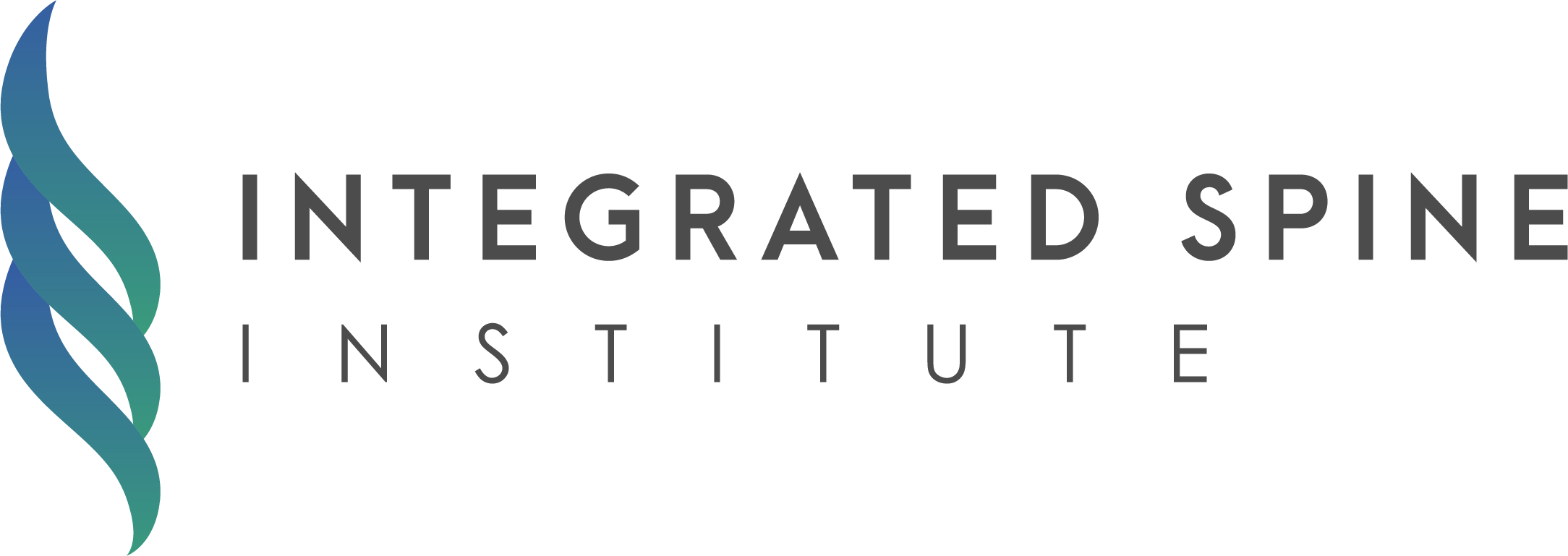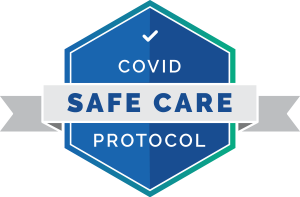A bulging disc injury is a common injury sustained to your spine’s intervertebral disc, and can occur in your lumbar spine (lower back), thoracic spine (upper and mid-back) or your cervical spine (neck). A bulging disc is when the tough, outer portion of your disc becomes injured or worn down over time, becomes decompressed, and bulges out beyond the vertebrae.
A bulging disc can commonly be referred to as a slipped disc or a protruding disc. However, when the disc bulge is significant enough for the disc nucleus to come out of the annulus, it is known as a herniated disc. If the bulge comes in contact or places pressure on a nerve, you can experience the symptoms of a bulging disc, mainly pain and numbing.


